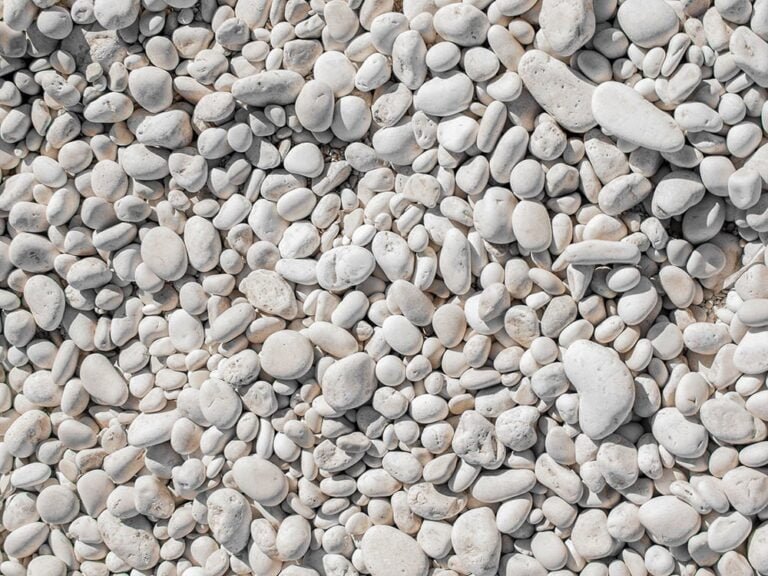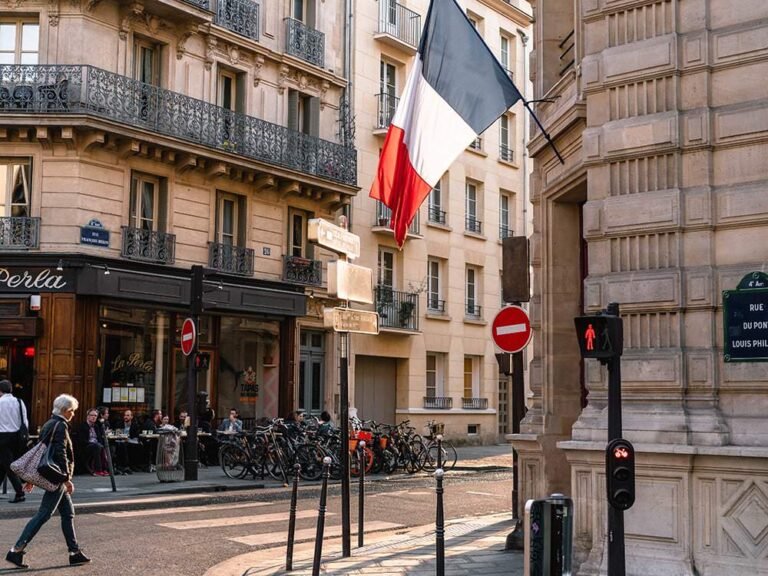ou…ou
In French, the construction “ou…ou” is commonly used to present alternatives or choices. It translates to “either…or” in English.
Examples:
- “Tu peux choisir ou le chocolat ou la vanille.” (You can choose either chocolate or vanilla.)
- “Nous irons au cinéma ou nous resterons à la maison.” (We’ll either go to the cinema or stay at home.)
- “Elle peut prendre le train ou l’avion pour se rendre à Paris.” (She can either take the train or the plane to go to Paris.)
- “Veux-tu du café ou du thé?” (Do you want either coffee or tea?)
- “Il doit décider s’il veut partir maintenant ou attendre demain.” (He needs to decide whether he wants to leave now or wait until tomorrow.)
Read more:
See the post about the “soit…soit” construction in French.







One Comment
Comments are closed.